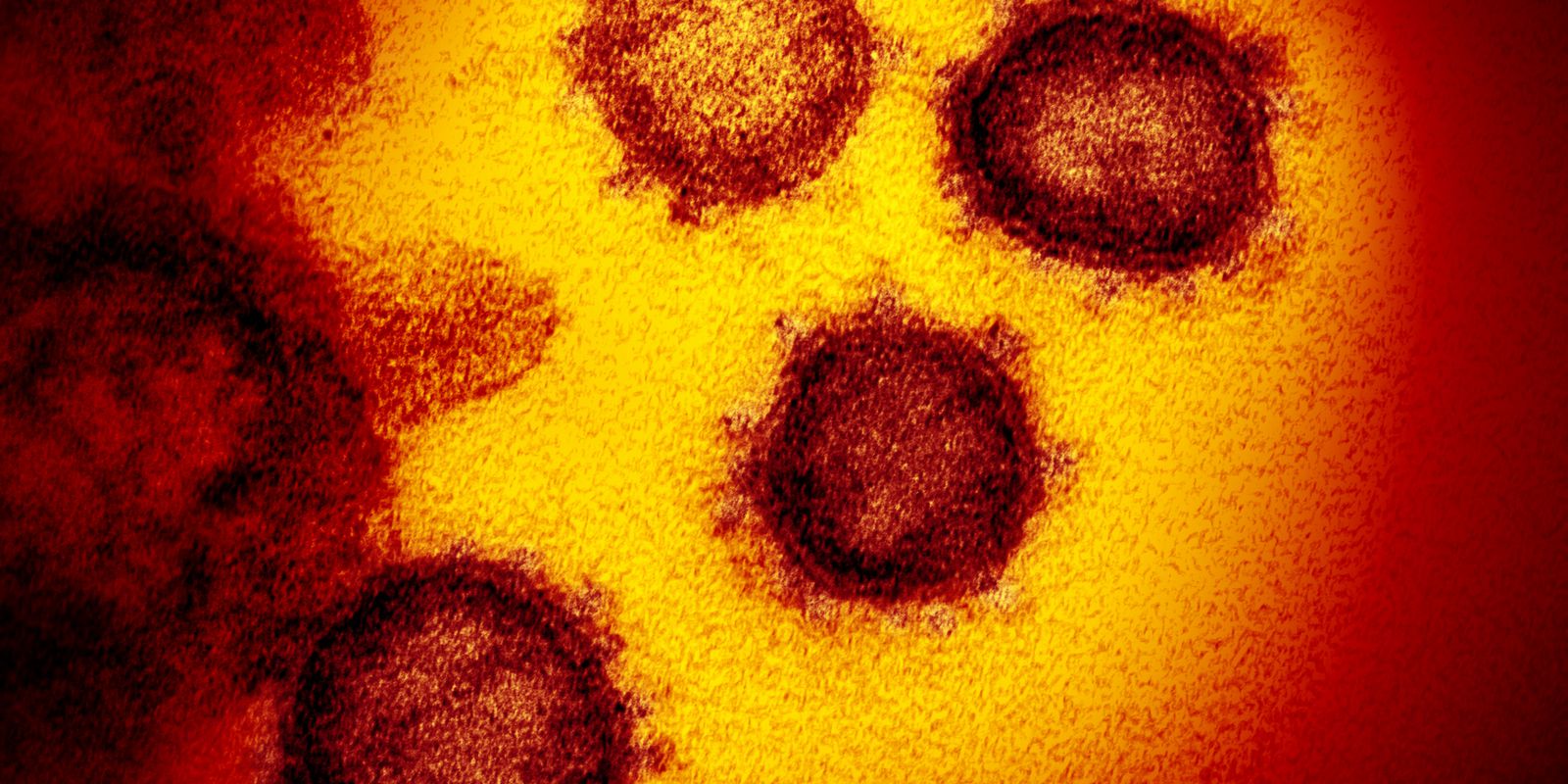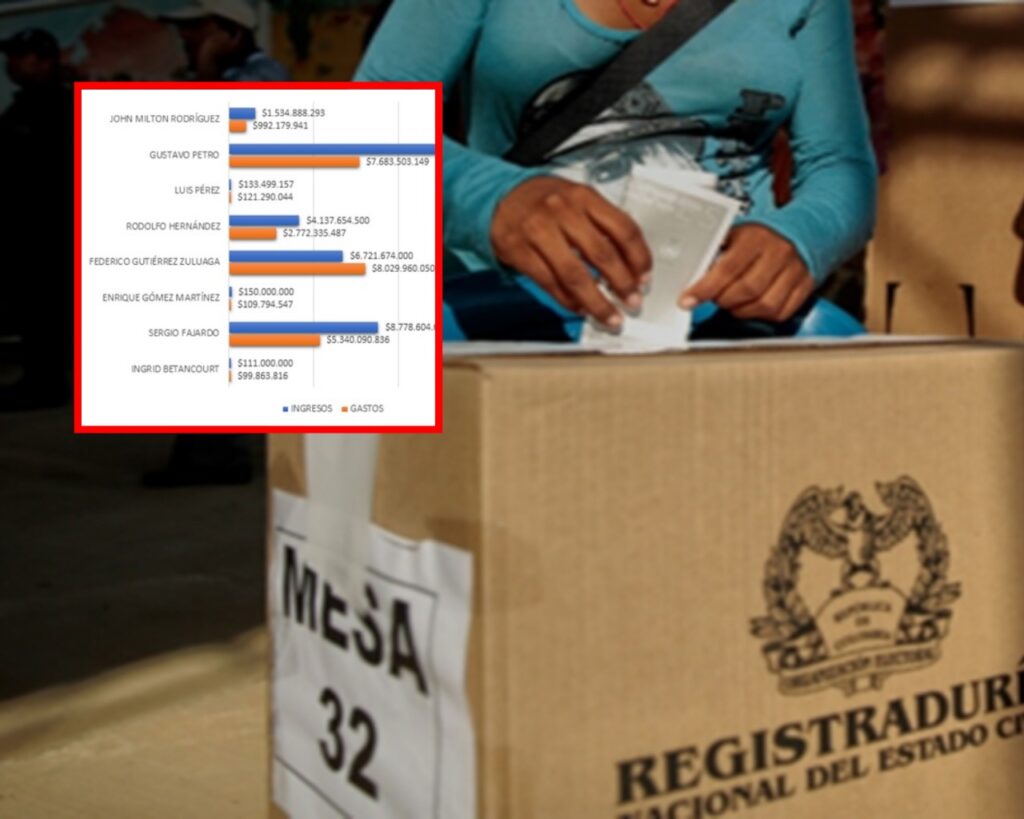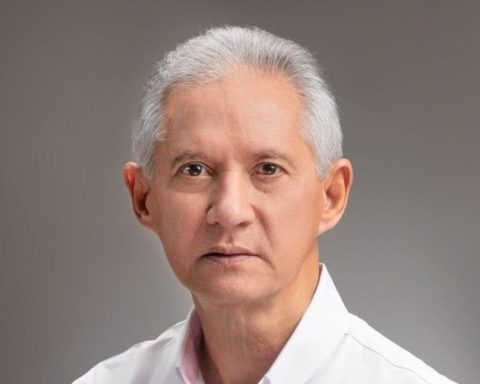A study developed by the Federal University of Minas Gerais (UFMG) pointed out that covid-19 can leave sequelae in cognitive deficit, especially related to visuoconstructive capacity (orientation in space and ability to draw), in people who had the mild form of the disease.
The study was conducted by the Faculty of Medicine of UFMG, coordinated by Professor Marco Romano-Silva, head of the Faculty’s Department of Mental Health. According to him, it was possible to observe important cognitive changes, expected in elderly people with dementia or who have suffered severe head trauma, for example.
Of the roughly 200 participants, who had an average age of 38 years, a quarter had cognitive deficits in the first few months after infection. “We have, in our sample, young people with important and unexpected cognitive symptoms for their age, four to six months after infection with the coronavirus”, said the study coordinator in an interview given to the UFMG website.
Romano-Silva’s team observed that these sequelae appear about a month after the virus has cured. Among the symptoms are lack of attention and focus, inattention, memory failure. And these characteristics can also appear in people who have had covid, but asymptomatically.
“Even without respiratory symptoms, the infection can result in a long-term covid condition, with manifestations not only in the brain, but in other organs, such as the heart, for example. And this is a warning,” said the professor. For him, vaccination may have helped to avoid more serious and frequent paintings of what he calls “long covid”.
The study started in August 2020, so there was no vaccine available like there is now. The research will continue, but this stage, with the results found so far, will be published in an article in Molecular Psychiatry, a journal of the Nature group.
The researchers will also assess the evolution of cognitive symptoms and possible relationship with the type of vaccine received, considering that in Brazil immunizations with different active principles were applied. The most recent variant of covid-19, Ômicron, will also be the target of research. The objective is to find out if Ômicron causes this neurological deficit and, if so, how is the evolution.
New step
According to Romano-Silva, the intention is to follow up based on the most recent infections, to check when the symptoms appear and if the vaccine has any effect in this regard. The university seeks interested parties to participate in the study. They must be people who have had covid-19 in the last six months (confirmed by the RT-PCR test), aged between 18 and 60 years. It is not necessary to have complaints of any cognitive symptoms after infection, that is, even those who did not experience worsening memory or concentration, for example, can participate.
Those interested in participating in the research should contact the number (31) 99723-4160 of the Center for Technology in Molecular Medicine via WhatsApp. The team will conduct an interview and provide guidance. The protocol includes clinical and neuropsychological examinations, and participants will be followed for two years.

















